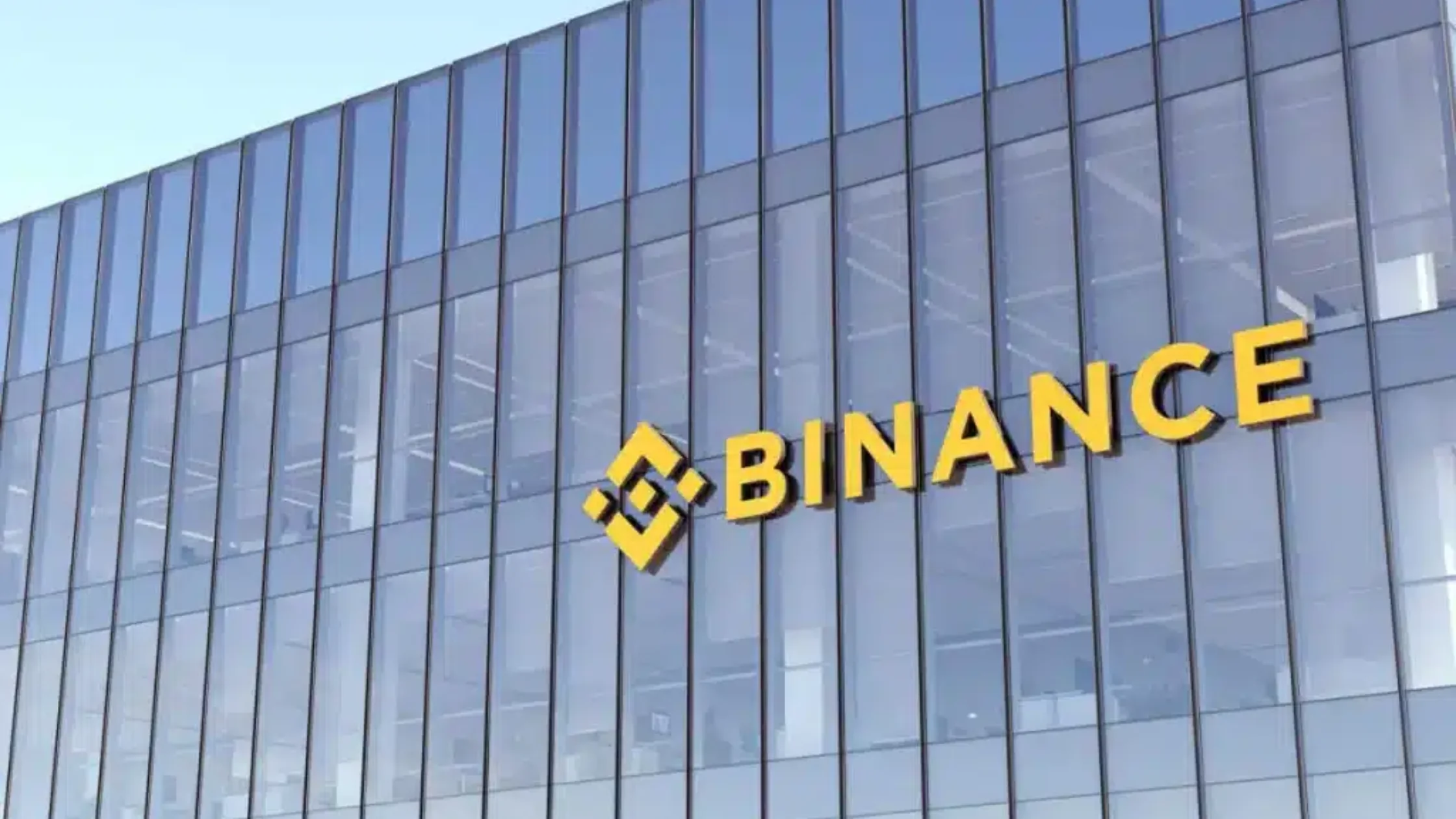A Nigerian court has once again postponed the highly-watched tax evasion case involving global cryptocurrency giant Binance, pushing the hearing to April 30, 2025. The delay comes as the Federal Inland Revenue Service (FIRS) seeks more time to respond to Binance’s objection to how court documents were served.
Binance, which is incorporated in the Cayman Islands and does not have a registered office in Nigeria, is challenging the legitimacy of FIRS delivering legal documents via email without formal court permission. The company’s legal team is arguing that Nigeria has not followed due process in bringing the case forward.
But this isn’t just a procedural battle, it’s part of a much larger crackdown.
$2 Billion Tax on the Table
The Nigerian government is accusing Binance of causing ₦79.5 trillion ($79.5 billion) in economic losses and is chasing $2 billion in back taxes, including a 10% annual penalty on unpaid dues. The charges relate to the platform’s activities in 2022 and 2023, when Binance reportedly facilitated billions of dollars in transactions without paying local taxes.
Officials argue that Binance’s massive user base and financial operations within Nigeria amount to economic presence, even without a physical office, and that means they should be taxed.
This move is part of Nigeria’s broader push to regulate the cryptocurrency industry, which the government blames for contributing to the naira’s freefall and fueling parallel market volatility.
A Tale of Two Executives — and One Escape
Back in February 2024, Nigerian authorities detained Tigran Gambaryan and Nadeem Anjarwalla, two senior Binance executives, during what many saw as an aggressive enforcement play. But by March, Anjarwalla had escaped custody, reportedly fleeing the country, a twist that shocked observers and made headlines globally.
In the same month, the Central Bank of Nigeria (CBN) revealed that $26 billion had flowed through Binance from anonymous sources, raising red flags over potential money laundering and illicit flows.
Authorities demanded full access to Binance’s top 100 users and their transaction history for the past six months, a rare and bold move that reflects just how serious Nigeria is about cleaning up the digital currency space.
Binance Pulls Back as Nigeria Closes In
Under intense scrutiny, Binance suspended its peer-to-peer (P2P) trading in Nigeria on February 20, citing concerns about currency speculation and system abuse. Days later, the Nigerian government restricted access to the Binance platform altogether, effectively freezing out users across the country.
The latest delay in the tax case is procedural, but it has far-reaching implications for how crypto businesses operate in Africa’s largest economy. The April 30 court session will likely set the tone for how far Nigeria is willing to go in enforcing tax and compliance standards on international digital platforms.
Why It Matters
This is more than a courtroom drama, it’s a test case for how emerging markets like Nigeria are adapting to the rise of borderless fintech platforms.
With millions of Nigerians relying on crypto for savings, remittances, and even business transactions, the stakes are high. The Binance saga spotlights the regulatory grey zone many African countries still operate in, where innovation outpaces legislation.
As the continent continues to embrace digital finance, striking a balance between openness and oversight will define the future of fintech in Africa.
















